High-Tech Volkswagen Office Chair Has a Top Speed of 12MPH
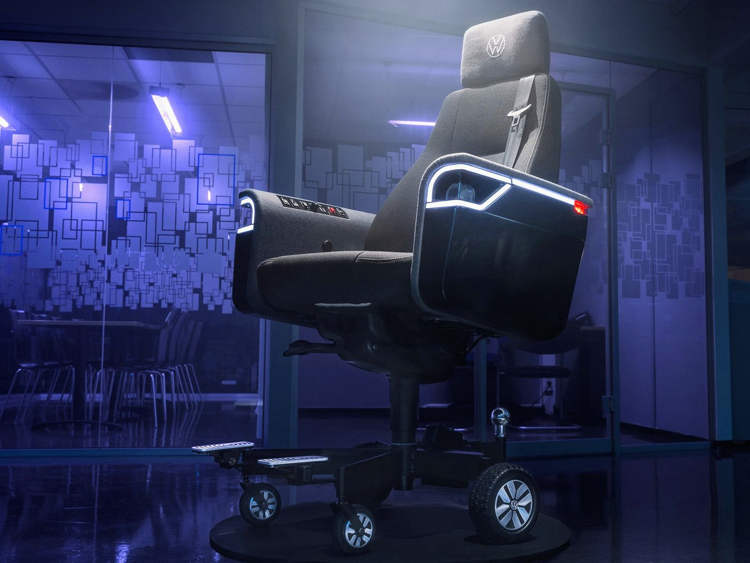
A team of Volkswagen designers and engineers developed a high-tech office chair that you can drive at a top speed of 12mph (20km/h) Most high-tech office chairs are either simply waterproof, or stainproof, or are designed at a higher standard in terms of ergonomics. But Volkswagen’s recent take on a high-tech office chair shows just […]
Company Spends Five Years Developing Champagne Bottle Fit For Space Celebrations
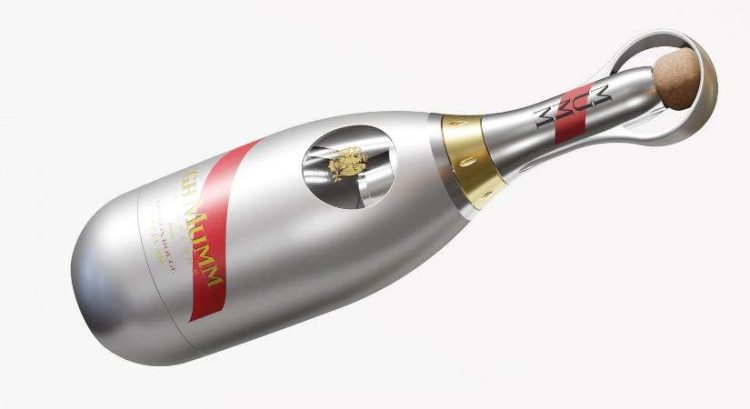
French champagne brand G.H. Mumm has poured a lot of time and resources into developing a futuristic champagne bottle that can be used in space. The Mumm Cordon Rouge Stellar is the first champagne designed specifically for space travel. It comes in a half-glass bottle and features a specially-designed stainless steel opening-closing device that curves […]
Startup Turns Desert Sand Into Fertile Soil in Just Seven Hours

Norwegian startup Desert Control claims that it can fight desertification efficiently by spraying sand with Liquid NanoClay (LNC) and turning it into soil in a matter of hours. In the past, we’ve featured many ‘green heroes‘ who have been fighting desertification for decades, using all sorts of techniques, from draught-resistant shrubbery to tree barriers, but […]
Bodyheat – A Dance Floor That Converts Dancer’s Body Heat Into Energy

An arts venue in Glasgow, Scotland features an innovative dance floor that creates renewable energy from the body heat of dancers. SWG3 hosts some of Glasgow’s largest dance parties, with thousands of people getting together to dance the night away throughout the year. Starting this month, the dancers won’t just be burning energy by busting […]
Speech2Face – An AI That Can Guess What Someone Looks Like Just by Their Voice

Speech2Face is an advanced neural network developed by MIT scientists and trained to recognize certain facial features and reconstruct people’s faces just by listening to the sound of their voices. You’ve probably already heard about AI-powered cameras that can recognize people just by analyzing their facial features, but what if there was a way for […]
Air Protein – Startup Uses Space-Age Tech to Create Meat Out of Thin Air

Creating meat literally out of thin air sounds like technology you’d only expect to see in sci-fi movies, but according to Air Protein, it’s very real and viable. Air Protein, the startup behind the air-based meat project, was co-founded by Dr. Lisa Dyson, an award-winning research physicist and strategy consultant, with the goal of producing […]
Swedish Startup Trains Crow to Pick Up Litter in Exchange for Food
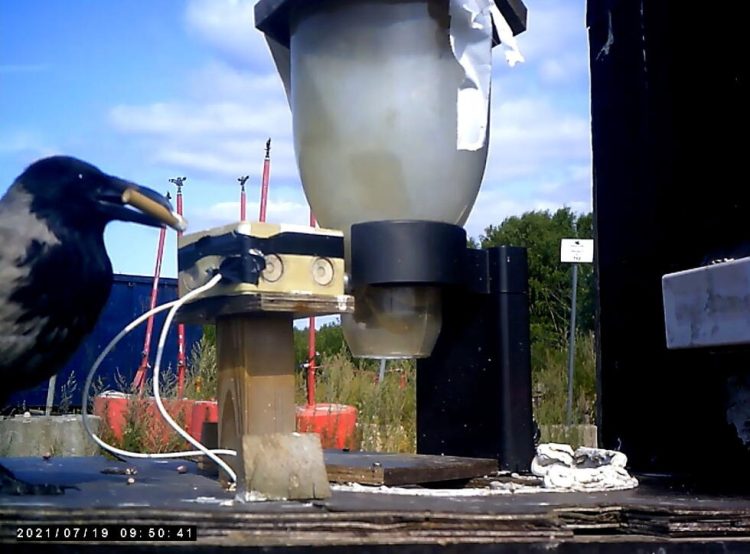
Corvid Cleaning, a Swedish startup specializing in training crows to pick up litter in exchange for food, claims that its program could save communities a fortune in cleaning costs. According to the Keep Sweden Tidy Foundation, over a billion cigarette butts are left on Sweden’s streets every year which represents about 62 percent of all […]
Scientists Use Brain Implant to Cure Woman’s Severe Depression

A woman who had exhausted all other options of treating her depression claims her life has become infinitely better since having a matchbox-sized implanted into her skull. Having holes drilled into your skull and electrical wires connected directly to your brain sounds like a daunting proposition for most people, but for Sarah, a 36-year-old woman […]
BIOMILQ Becomes First Company to Create Human Breast Milk Without the Breast

North Carolina-based start-up BIOMILQ recently announced that it has successfully created cell-cultured human milk from mammary cells, in a laboratory. In the age of Impossible Burgers and 3D-printed meatless steaks, human breast milk made in the lab instead of inside a woman’s breast really doesn’t seem that strange, honestly. The breakthrough announced by BIOMILK earlier […]
Robot Legs Help 7,600-Tonne Building “Walk” to New Location
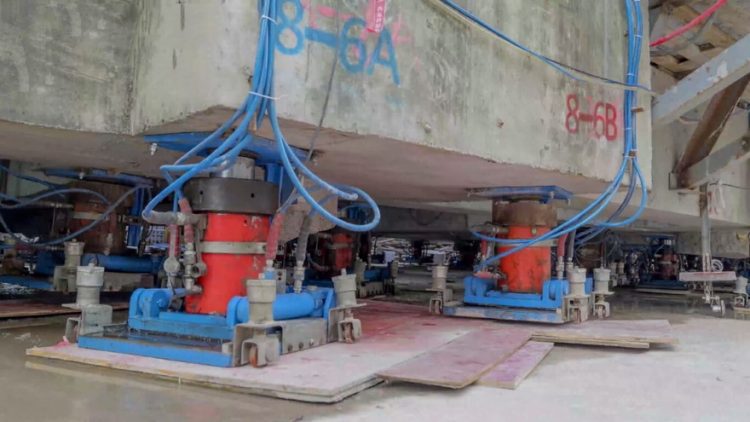
Chinese Engineers have successfully moved an 85-year-old historical school building in Shanghai to a new location with the help of 198 robotic legs. Moving older buildings to make room for new construction projects is nothing new in China, but what makes this particular case interesting is the method used to move the 7,600-tonne building. Usually, […]
California Start-Up Wants to Create “Air-Based Meat”
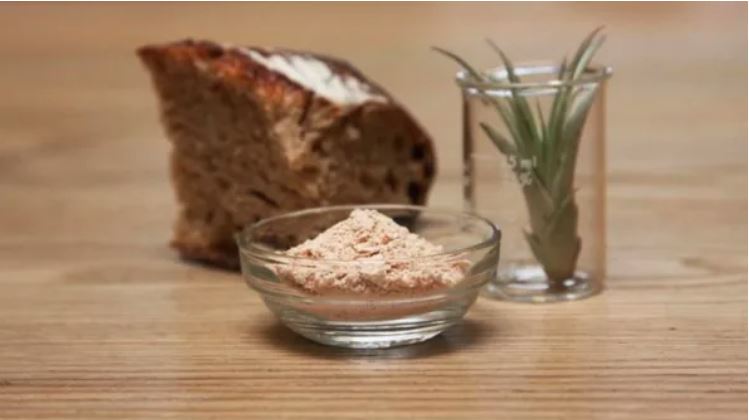
Just a week after Brooklyn-based startup Air Co. unveiled its carbon-negative, air-based vodka, a California start-up announced a new type of “meatless meat” made from air. Appropriately named Air Protein, the Bay Area company allegedly used technology developed by NASA, to transform carbon dioxide (CO2) into protein, the same way plants do. During the 1960’s, […]
Company Makes Vodka Out of Thin Air Using Captured CO2, Water and Solar Power
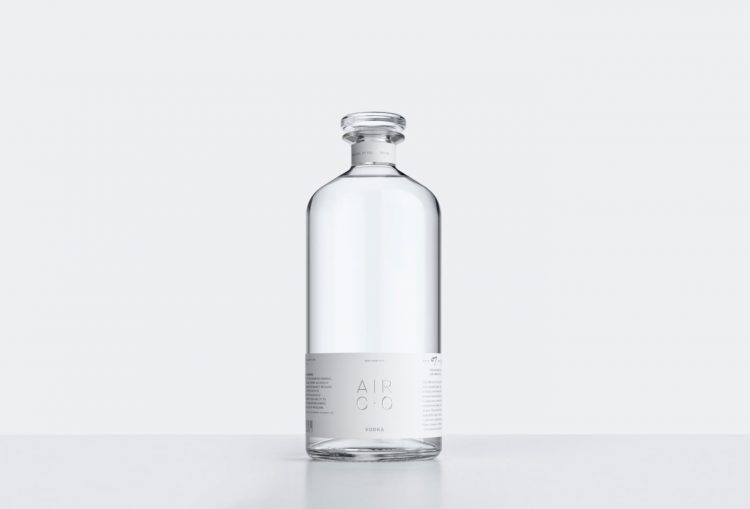
Brooklyn-based startup Air Co. claims to have created the world’s first “carbon negative vodka” by capturing carbon dioxide captured from the air and using a solar powered machine to turn it into ethanol. According to Air Co. co-founder Gregory Constantine, each bottle of carbon negative vodka sucks a pound of carbon dioxide from the air […]
Company Creates Beanless Coffee with the Full Flavor of the Real Thing, Minus the Bitterness

Most coffee drinkers use cream, milk or sugar to mask the bitterns of the popular morning booster, but one Seattle-based company claims it has engineered a type of “beanless, molecular coffee” that retains the full flavor of the real thing, but none of its characteristic bitterness. Atomo is the brainchild of experienced food scientist Jarret […]
Spanish Winery Invents Wine-Flavored Water That Doesn’t Get You Drunk

A winery in Spain’s Galicia region recently unveiled a revolutionary wine-flavored water that allows consumers to enjoy the taste of red or white wine without worrying about getting drunk or putting on weight. Called Vida Gallaecia, the enriched water is the result of a two-year collaboration between the Bodega Líquido Gallaecia winery and scientists at the State Agency […]
